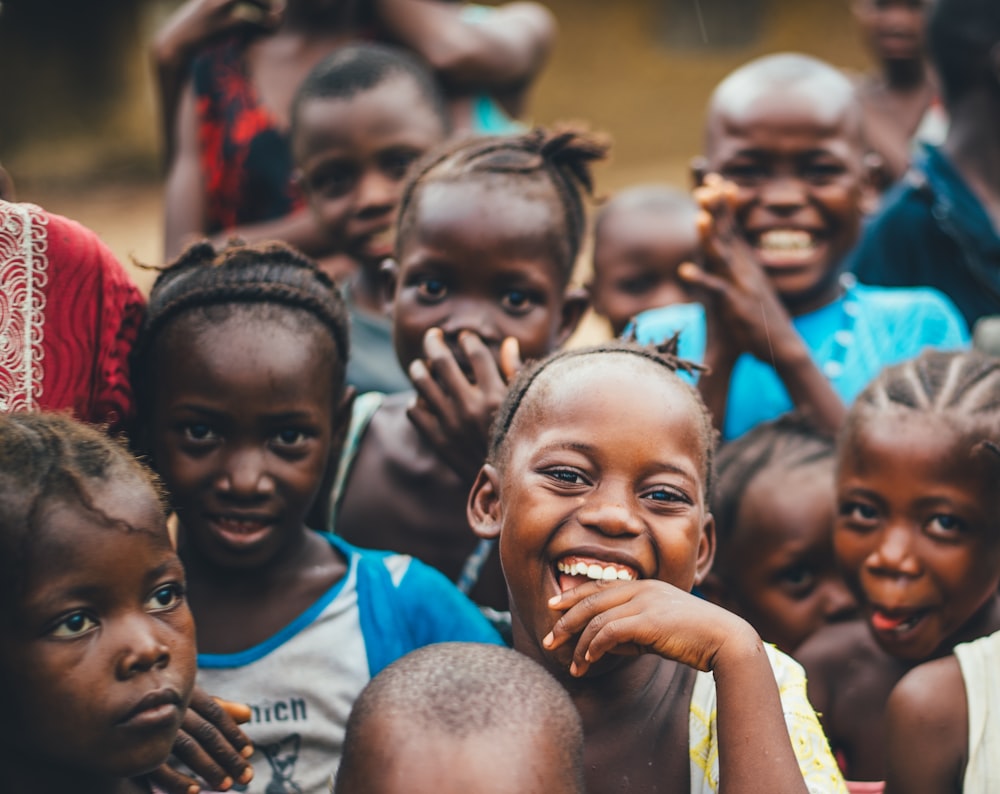Data-Driven Advocacy
Our work is grounded in comprehensive research and real statistics that reveal the urgent need for systemic change

Child Food Insecurity Crisis
Research shows 13 million American children face food shortages, with 1 in 4 children living in households without adequate food access.

Single Mother Households
Over 80% of single-parent families are led by women, with 13.6 million single mothers heading households in the United States.

Child Homelessness Statistics
Approximately 12% of homelessness statistics represent children, highlighting the devastating impact on America's most vulnerable population.

Government Response Gaps
Our research reveals significant gaps in government assistance programs, particularly for disaster victims and single-parent families who are systematically denied help.
Studies show that FEMA denies approximately 60% of individual assistance applications, often leaving disaster victims without crucial support during recovery.
FEMA Disaster Data →Research indicates that current welfare programs fail to address the complex needs of modern families, particularly single mothers facing multiple barriers.
CBPP Analysis →Economic research shows that single-mother households face a poverty rate of 28.3%, significantly higher than two-parent households at 5.5%.
Census Poverty Report →Comprehensive Data Insights
Evidence-based research that drives our advocacy and informs our approach to systemic change

Worldwide Undernourishment
Globally, 1 in 9 people are undernourished, with nearly 150 million children under five experiencing stunted growth due to malnutrition.

Women and Global Poverty
Women make up over 70% of the world's poor, facing systemic barriers to economic opportunity and resource access.

Women's Rights Evolution
Women have only been able to vote for a little over a hundred years, highlighting how recent basic rights have been achieved.
National Archives"I was born in 86. Women barely have been free citizens."

Disaster Relief Inadequacies
Research shows systematic failures in disaster response, with vulnerable populations often left without adequate support during recovery.
Our Research Methodology
Our insights are compiled from peer-reviewed research, government data, and firsthand experiences of those who have been denied assistance. We believe in transparency and evidence-based advocacy.
All statistics and research links are regularly updated to reflect the most current available data from credible sources including the U.S. Census Bureau, HUD, FEMA, WHO, and academic institutions.